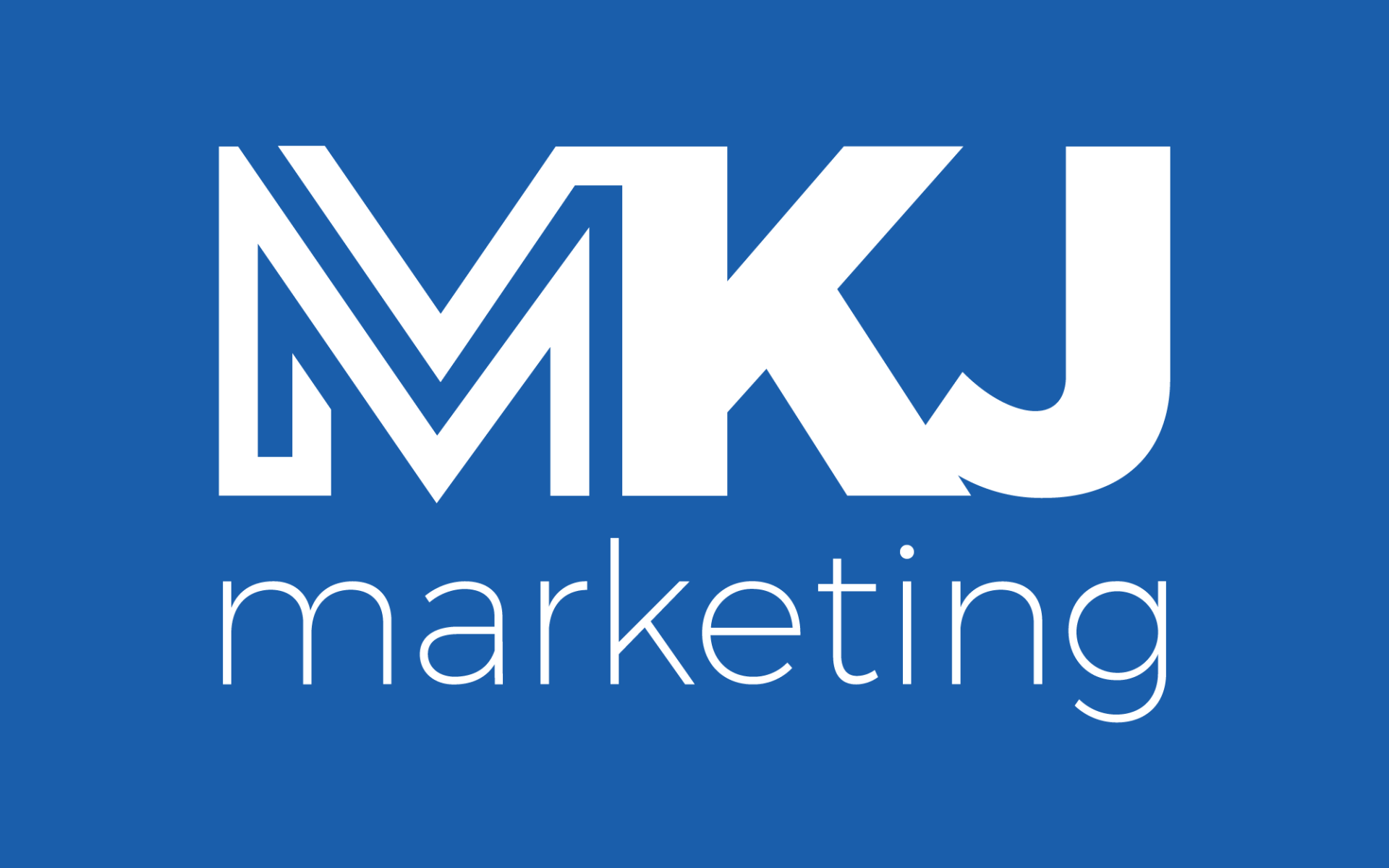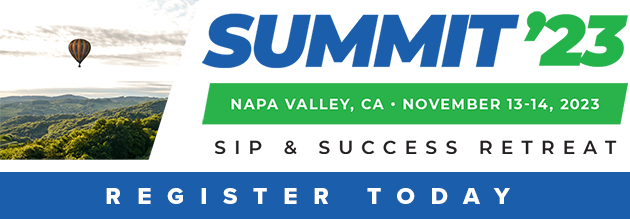Often, when situations are in doubt, we look for easy explanations. Often, an easy explanation is just, “Everything will be alright.” In our current situation, that would be to say everything will return to normal. Will it really? Probably not.
- The restaurant industry has already concluded it will never return, as families have learned to cook, and their bank accounts have grown while they’ve stayed home.
- The movie theatre business will likely never return, as families are streaming videos at home and popping their own corn.
- Home design has changed to meet the needs of the working-at-home professionals; open floor plans have given way to isolated, soundproof rooms.
- Masses of families are leaving crowded metro areas on both coasts for mid-size cities to work from their new, larger homes with lower taxes while eliminating the commutes.
- Shopping malls are soliciting Amazon to use vacated space for warehousing.
With every consumer business-facing radical change, what makes you think the funeral business will return to “normal”?
Another factor worth considering: In the past, whenever funeral business owners  got cold feet, they could open an auction between the acquisition companies and sell their firm. But what is the value of your business now? Using the historic basis of a 5-year running average simply doesn’t apply. Will families return for services or have simple services with a reception at a church, country club, or retirement village clubhouse? Just as family-owned businesses have experienced higher cremation rates and even the minimal service cremation rates, so have the consolidators. They have observed losses at recent acquisitions and will take steps to avoid similar losses in the future.
got cold feet, they could open an auction between the acquisition companies and sell their firm. But what is the value of your business now? Using the historic basis of a 5-year running average simply doesn’t apply. Will families return for services or have simple services with a reception at a church, country club, or retirement village clubhouse? Just as family-owned businesses have experienced higher cremation rates and even the minimal service cremation rates, so have the consolidators. They have observed losses at recent acquisitions and will take steps to avoid similar losses in the future.
In reality, no one knows what the death care business will look like post-pandemic. There’s not even agreement as to when “post-pandemic” will begin. There will be changes and it will be up to the current owners to navigate the new environment.
Even though the entire country is experiencing doubt and even fear, most funeral businesses are doing well. The death rate is up, so funeral homes are very busy even while the product mix (burial versus cremation) has shifted more quickly than anyone would have expected. Nonetheless, consumers are concerned about visiting funeral homes for arrangements and services, reception rooms are serving box lunches versus hors d’oeuvres and desserts, and grief dogs are asleep at home.
Although you are busy, there are many questions about what’s ahead. There won’t be a single answer, instead, every community will find its own comfort zone. Every market and every family will be different as they pull themselves out of the pandemic and enter a new norm.
All will be revealed over time, but it may be too late to do anything about it, which means there will be lost opportunities. It would be better to know in advance what families will want and begin the process of preparing or even repositioning your business. These questions are not exclusive to funeral service; most business owners in the U.S. and even around the world are asking the same questions. The difference is that funeral businesses have the wherewithal to invest in research now whereas most businesses are struggling financially as their businesses are closed or only now trying to re-open.
There are various research strategies based on what the client wants to learn. Quantitative research is very good at answering questions like, “Business is down, and I don’t know why?” Or, “If I build a new funeral home, where should it be located, and how many calls will it do?” Quantitative research requires many respondents in the same age bracket and in the same community to answer the same questions. This research is typically accomplished via telephone interviews.
But qualitative, in-depth information is what is needed today. This situation demands qualitative research that delves beyond the surface to understand the consumers’ thoughts and priorities. The respondent often doesn’t know the solution to their situation. ; What they do know are their concerns and priorities, which is what you need to know to reposition your business.
Business owners can create solutions to challenges if they know the basis of consumers’ concerns. Focus groups involve sessions with consumers from within your community, selected based upon age, education, income bracket, etc. They meet in a focus group facility with a moderator skilled at leading the group through a loosely structured agenda with a great deal of latitude. The moderator can investigate a specific point until the respondents’ fundamental motivations are discovered.
Clients prefer focus group research because they can observe the research while it is being conducted. A research report is created following the research study, but the results are immediately apparent to the client because they observed the respondents as they discussed the issues. Typically, focus group research studies will involve at least three different sessions. The agenda for each session can be altered based on the findings from previous sessions.
Focus groups tend to cost less than quantitative studies, but as with any business function, the process must be followed precisely to garner accurate data. The respondents must represent the desired consumer base; not too young nor too old, typically in the 45 to 65 or 70 age group. Respondents must be consumers that have the wherewithal to have financial options. Because the respondents are compensated for their time, there is always the risk of having a roomful of people there for the money. Instead, we want respondents who are interested in the topic and likely would have participated without compensation. The honorarium is simply to offset expenses incurred by participating in the research, such as childcare, parking, etc.
Although a research facility is not absolutely necessary and is not available in every community, the focus group facility allows the client to observe the sessions without being seen or recognized. This can be critical as many clients want to protect their anonymity.
Having worked in advertising for most of my career, I’ll be the first to say most clients don’t want to invest in advertising, but they know advertising brings in business. The same applies to research. No one wants to research, but they know they need the information to effectively run their business. Now is the time to invest in research
Share this Post




